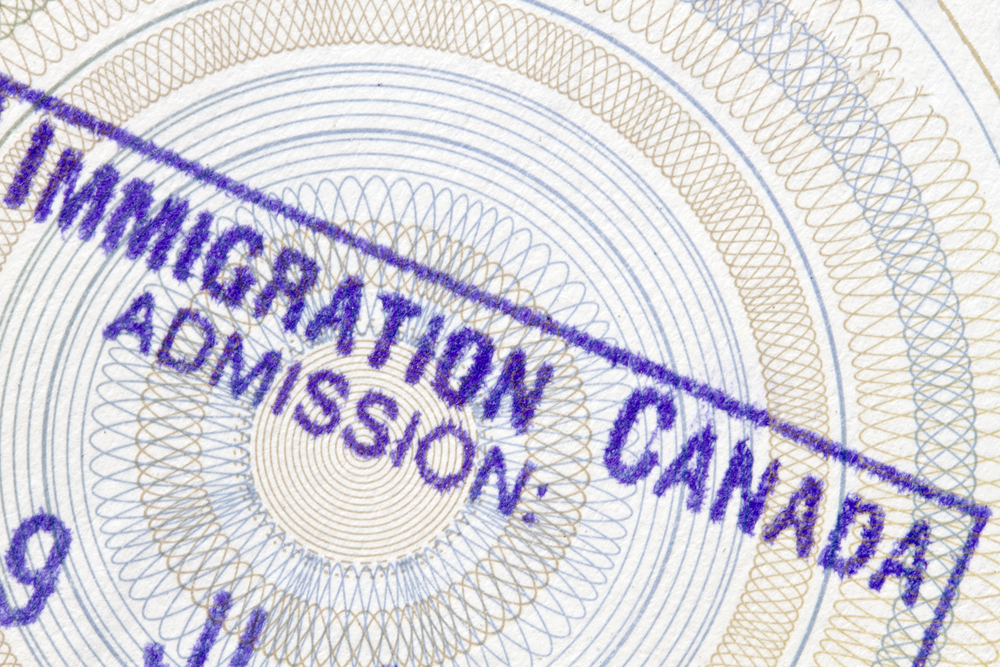Canada News
Chinese to non-Chinese marriages in Canada raise red flags in Canadian immigration
Citizenship and Immigration Canada’s training manual for immigration officers reminded them to be vigilant to bogus marriages as they become a rampant practice in the country. Immigration officers were told to be cautious in assessing permanent residence applications for Chinese spouses or common-law partners who are already in Canada.
“Marriages of convenience have become a threat to the integrity of Canada’s immigration program,” the 2013 Canada Border Services Agency’s enforcement and intelligence operations directorate report said.
Canadians married to Chinese nationals who claim to be newlyweds but do not show wedding photos with them kissing on the lips was among the red flags raised in the Immigration Canada.
The immigration’s list of red flags contained the following:
- Chinese nationals married to non-Chinese nationals
- Sponsors with low-paying jobs or on welfare
- Couples who do not have honeymoons
- Couples with no diamond rings
- Private marriage ceremony performed by a minister or justice, and the reception is informal
- Few wedding photos not showing the couple kissing on the lips
- Few photos of shared activities only with friends and without family members, and sometimes with the couple wearing the same clothes in different activities
The immigration also advised officers to pay attention to the following:
- Age gaps
- Ethnic backgrounds
- Education attainments
- Previous relationships of the couple
- Unusual or common Chinese surnames
- Length of time the couple had been in a relationship before settling in marriage and the length of time they had known each other
- Sponsored spouse gains from permanent residence
The contents of the training manual were based on the documents from the Access to Information released in April 2007. The criteria presented then were still in place as recently as in October 2013. However, the Citizenship and Immigration Canada could not say if the criteria were still in effect.
Documents such as copies of the marriage certificate, questionnaire, invitation and photos of the wedding ceremony, divorce decree or annulment certificate if previously married, and photos of shared activities like family trips or community events among others were the requirements for spouse or common-law partner applications as evidence of their relationships.
Should immigration officers not be satisfied that the marriage was genuine and was only done to acquire status or privilege, they may refuse the application for permanent residency.
Some immigration lawyers questioned some of the instructions.
“Why Chinese people are singled out I have no idea, and then that they’re training officers to be suspicious of people of lower income and lower education when they get married, I thought that was pretty offensive,” Vancouver immigration lawyer Steve Meurrens said, adding that he observed immigration officers did not scrutinize specific groups of people only.
Aside from the Chinese, Canadian spouses of Indian, Pakistani, Sri Lankan, Vietnamese, Cambodian, Nigerian, Ghanaian, Ethiopian, Guyanese and Haitian nationalities were also ‘high-risk’ concerns for marriage fraud.
For a detailed guide on the permanent residence application for spouses or common-law partners in Canada, visit the Citizenship and Immigration Canada’s website:
Applying for permanent residence from within Canada: Spouse or common-law partner in Canada class
For the immigration’s released handout, visit Meurrens’ site:






















